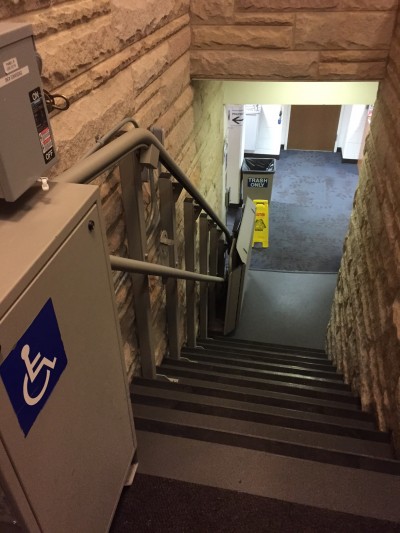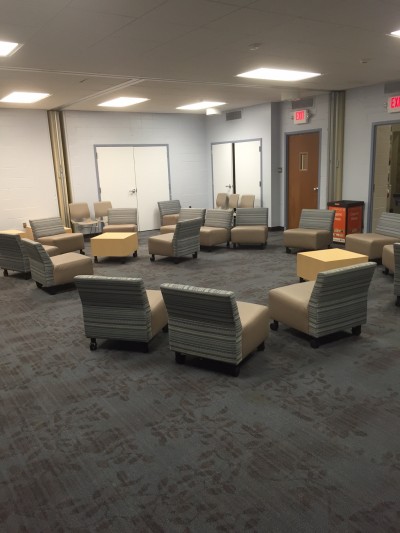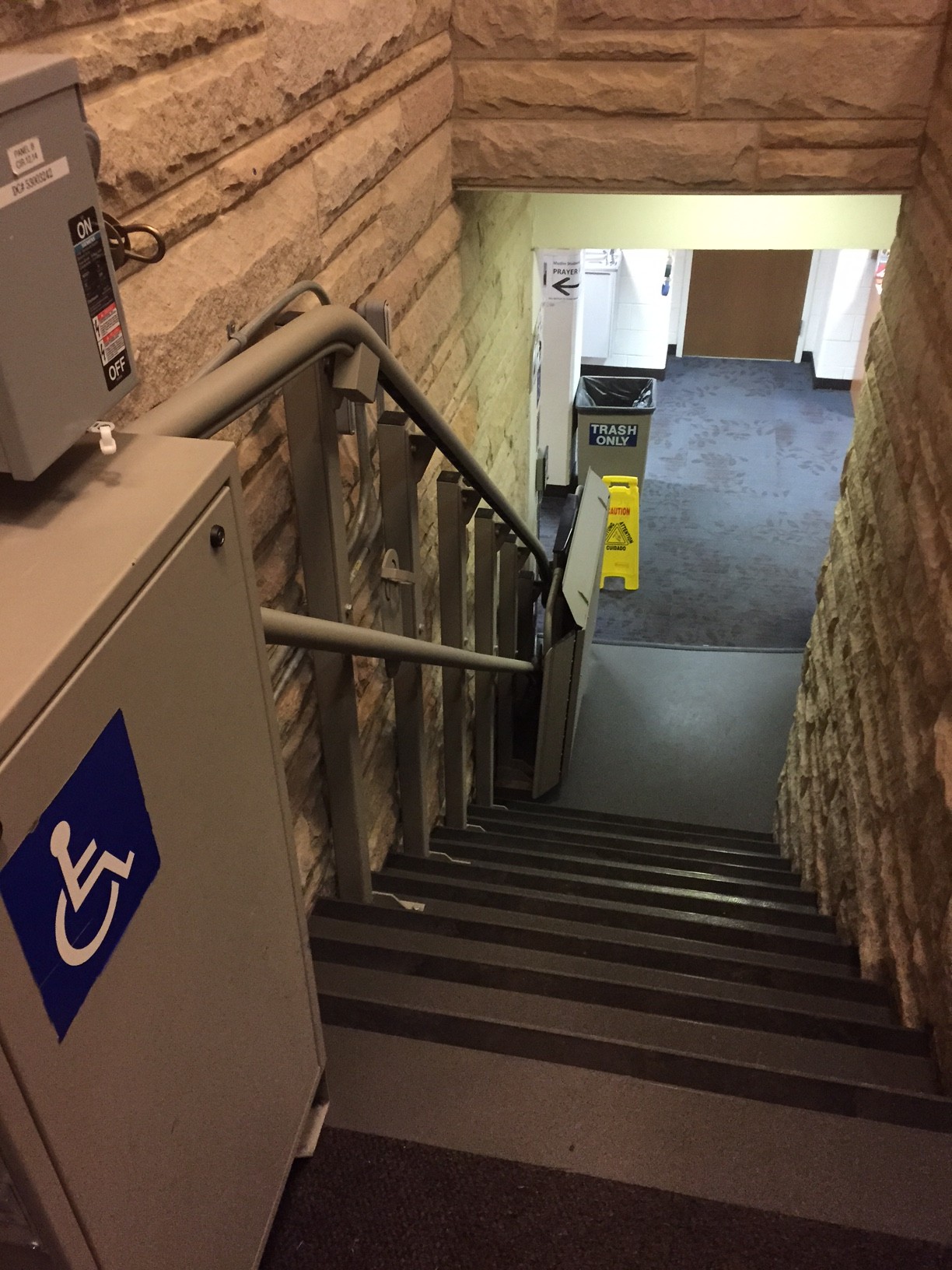
You walk across the quad to your next class, take the stairs up to a second level and sit down in a standard school-sized seat. Sounds typical, right? You don’t even think about things like walking, climbing steps, and sitting comfortably down among others.
February is Jewish Disabilities Awareness Month. The purpose is to recognize members of our community who have and continue to overcome a variety of hurdles. In the case of college students, the range of students on campus can go from those who cannot walk without the assistance of crutches to others who receive daily treatment for mental disorders. Certain students stand out in the crowd while others quietly blend in. Regardless of the circumstance, students with any of these challenges are really no different than the rest of the student body in their desire to fit in. And, while many universities provide services such as ramps, free tutoring, and testing accommodations, they fail to provide social outings and creative ways for students with disabilities to better fit into a campus setting. In general, universities rely on independent clubs, organizations and the students who lead them to incorporate disability-friendly activities into busy schedules.
At American University in Washington, D.C., the Jewish Student Association (JSA), ensures all events are wheelchair-accessible and creates a warm, friendly environment for students to mingle. Most Jewish-affiliated, on-campus events take place in the Kay Spiritual Life Center, which boasts multiple motorized ramp lifts, signs in Braille and wide open meeting rooms with space in which even a claustrophobic student would feel at ease.

American’s JSA works hard to design gatherings with everyone in mind. As current JSA president, Ellie Goodman is tasked with concocting events that engage while making sure that every student can attend. “We want everyone to come to events and participate and not feel excluded,” Goodman says. “It’s important to remember that Judaism teaches us that every individual is uniquely valued.”
Frankly, I am one of many students who may not feel strongly about becoming overly engaged in religious activities once in college. Often times, we might not feel a strong connection, cannot find time in busy schedules to attend religious services or place schoolwork and social life above all else. What if you have a disability that seemingly separates you even more from the general group?
JSA events are meant to engage students who would not normally attend religious gatherings for any variety of reasons. Murder Mystery Dinner and Pancake Night encourage students to participate in Jewish-oriented activities without feeling the obligation of prayers and long services.
Going to a JSA event allows me to relax after a long week of classes, gain five pounds on fresh, delicious M&M’s pancakes, and play Jewish Apples-to-Apples with familiar faces. It is not always easy for me to find people I am comfortable talking with at large gatherings, especially Jewish religious services or get-togethers. None of those awkward moments exist when you’re at a JSA event. Everyone is your age and shares the desire to eat carbohydrate-laden chocolate pancakes. Nobody is thinking about your wheelchair or your mental illness; they are welcoming you into the group with open arms. Ellie Goodman says the open, friendly environment that JSA, and the Jewish community in general, offers is “one of the many reasons why I wanted to become actively involved [in JSA] in the first place.”
Most people assume JSA only holds programs for the Jewish population on campus. In fact, American University has designated JSA as a non-denominational organization so, while they incorporate Judaism into activities, it is extremely easy to bring non-Jewish as well as my non-observant friends. I have one friend with Asperger’s Syndrome; he is extremely intelligent and has a better GPA than most, but is socially inept, has difficulty making friends and has never had the time to focus on religion. By introducing him to the Jewish community at AU, he has been able to find a religious grounding and, more important, a few friends with whom he can grab a meal with.
I love that my friend has found friendly, non-judgmental people to befriend in the Jewish community. Not once have I heard anybody say anything related to his disorder; I just hear him talk about sports, the weather and his classes. It’s great to see my friend finally excelling in social life and it demonstrates that life does not have to focus on the negatives or the roadblocks. It can be about achievements and circumnavigating the barriers placed down by physical and mental disorders.
It excites me to see students so welcoming and able to look past physical and mental disorders. Campuses need to become more accommodating to students with all disabilities and create spaces where students with disabilities feel welcomed and cared for. The first of many places in making certain people with disabilities are engaged and incorporated into the Jewish community is on campuses nationwide. There, students will have a reliable place to go, whether they have a disability or just need a shoulder on which to lean. The college environment is extremely tough and can seem impossible to deal with at times. That is why having a place to go when you are feeling down or just want to have a good time is so important for everybody. The Jewish community overall may provide that, but by getting more students involved in Jewish college activities, we provide an environment even more accepting and open. That is what Jewish Disabilities Awareness Month is all about. We need to look at people with disabilities as part of our community, not as outsiders. Jewish communities on campuses nationwide are already beginning to do this, but everyone needs to kick our efforts up a notch. Look to see if there is a Best Buddies chapter on your campus, find out if your Jewish Student Association has inclusive events or become an advocate for students with disabilities. Whatever you choose to do, know that you really are making a difference in the community.
Ethan Ulanow is a student at American University.

